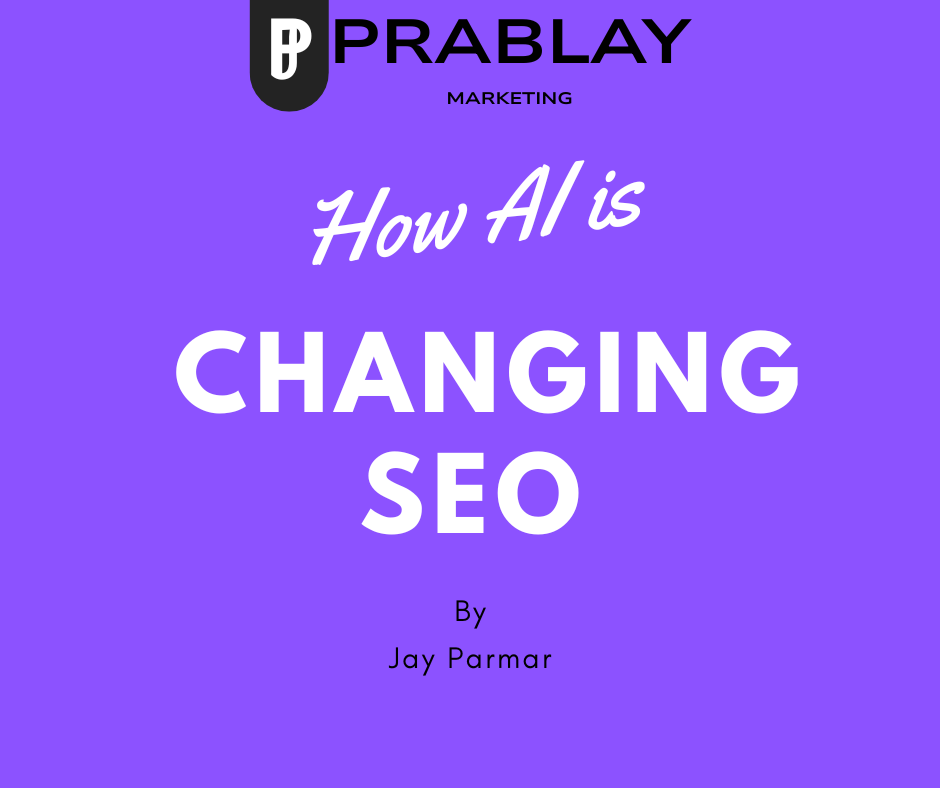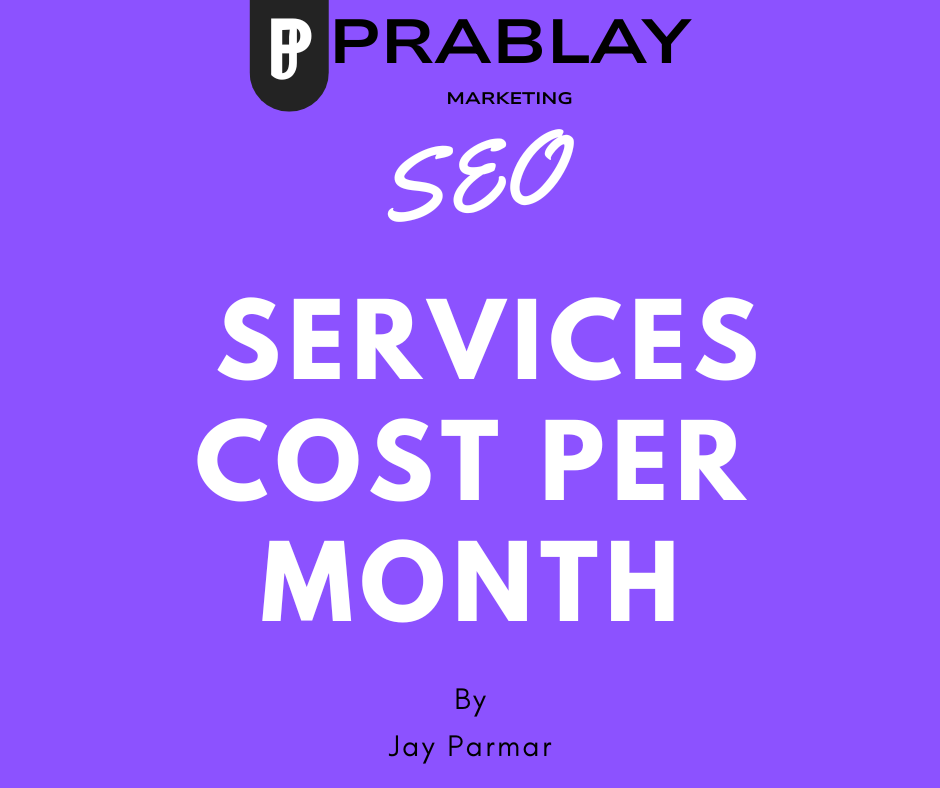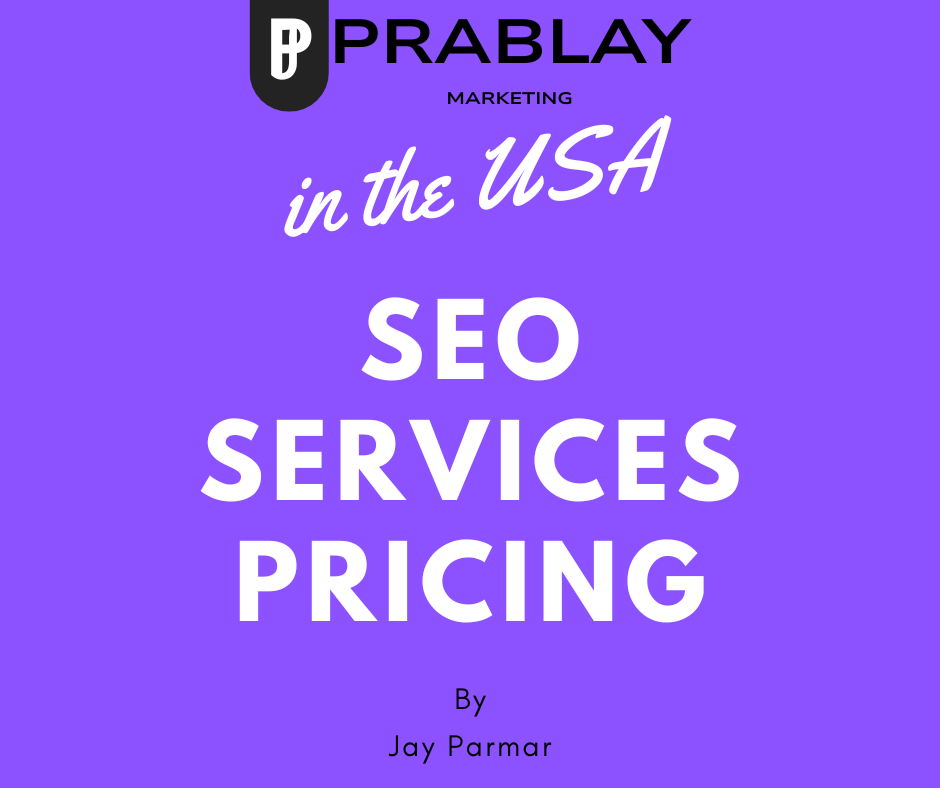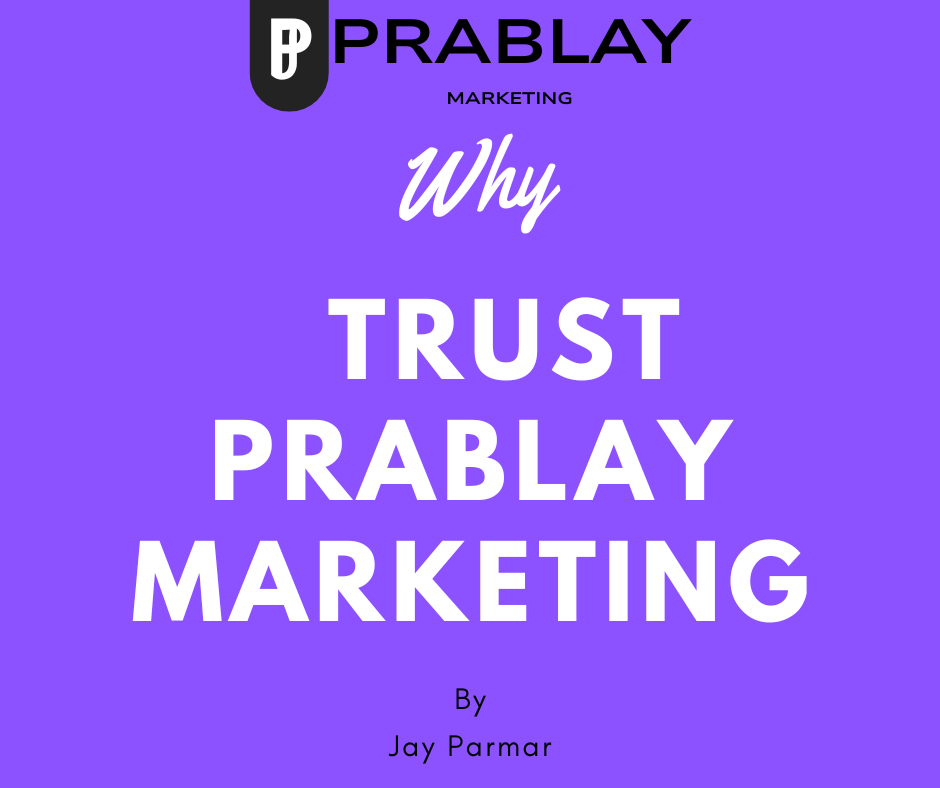The Rise of AI in Modern SEO
In 2025, SEO is no longer just about keywords and backlinks — it’s about intelligence.
Picture this: a content team that used to spend 20 hours a week researching and creating blog outlines now finishes the same work in under two. Their website’s traffic doesn’t just stay stable — it doubles.
That’s not science fiction — it’s AI-driven SEO in action.
Artificial Intelligence is redefining every layer of digital marketing. From keyword discovery to personalized content, AI helps businesses understand user intent faster and deliver exactly what people want. According to HubSpot’s 2025 SEO Report, companies using AI-powered SEO strategies see an average 45% increase in content efficiency and 33% improvement in rankings.
For service providers, marketers, and agencies — understanding how to practically apply AI in SEO is now the difference between keeping up and falling behind.
Understanding How AI Impacts SEO
AI doesn’t replace SEO; it amplifies it. The technology works behind the scenes to automate repetitive tasks, process massive datasets, and identify ranking opportunities faster than any manual process could.
Here’s how AI touches almost every area of SEO:
- Keyword Research & Intent Prediction – Discovering topics users are actually searching for.
- Content Optimization & Creation – Producing smarter, intent-aligned articles that rank faster.
- Technical SEO Automation – Detecting crawl issues, speed bottlenecks, and indexing gaps in real time.
- Personalization & UX – Adjusting layouts and CTAs based on user behavior.
- Analytics & Forecasting – Predicting which strategies will drive the highest ROI.
In short — AI doesn’t make SEOs obsolete; it gives them superpowers.
1. AI in Keyword Research and Topic Discovery
In traditional SEO, keyword research often relied on manual filtering and competitor analysis. AI tools in 2025 go several steps further by understanding context, user emotion, and intent.
Tools like SurferSEO, SEMrush AI Assistant, and Ahrefs’ AI Insights automatically group related terms into “topic clusters” and predict which keywords are likely to perform best based on current SERP behavior.
Example:
Instead of targeting “plumbing services,” AI might recommend a cluster around:
- “Emergency plumbing near me”
- “24-hour plumber with free estimate”
“Fix leaking pipe fast”
These aren’t just phrases — they represent different search intents (urgent, informational, transactional). Optimizing around these clusters ensures your content speaks directly to what users need.
2. AI-Powered Content Creation and Optimization
AI in content creation doesn’t mean publishing robotic articles — it means using machine intelligence to assist human creativity.
AI tools now:
- Suggest SEO outlines based on top-performing content.
- Generate topic summaries and FAQs.
- Evaluate readability and semantic depth.
Recommend internal linking opportunities.
Example Workflow at Prablay Marketing
Our content teams use AI to analyze SERP intent and structure outlines that align with Google’s E-E-A-T (Experience, Expertise, Authoritativeness, Trustworthiness). Once AI provides the structure, a human editor enriches it with data, tone, and storytelling.
This blend ensures the content ranks well and resonates with readers — because AI provides speed, but humans provide meaning.
3. Improving User Experience (UX) with AI Insights
SEO and UX are now inseparable. Google’s Search Generative Experience (SGE) gives preference to websites that understand and serve user intent quickly.
AI tools like Hotjar AI, Microsoft Clarity Insights, and Crazy Egg’s Smart Heatmaps automatically analyze how users move, click, and scroll.
They highlight where visitors drop off — allowing you to improve content placement, CTAs, and mobile usability.
Example:
An HVAC service company used AI heatmaps to identify that most users weren’t scrolling past the first fold. By adding a bold “Book a Service” button above the fold, conversions increased by 38% within a month.
4. Automating Technical SEO with AI
Technical SEO has always been a time-intensive task — but AI changes that.
Modern tools like Screaming Frog AI Analyzer, DeepCrawl Automation, and JetOctopus AI Reports can now:
- Detect broken links and duplicate pages instantly.
- Auto-fix missing alt text and schema tags.
- Suggest crawl budget improvements.
Generate automated reports with prioritized action lists.
This allows SEO teams to focus on strategy instead of spreadsheets.
At Prablay Marketing, we use AI-driven monitoring systems to flag issues the moment they appear — ensuring no technical gap slows down rankings.
5. Ranking for AI Overviews and Conversational Search
As Google, Bing, and ChatGPT integrate AI into search results, SEO must adapt.
AI Overviews (also known as SGE snippets) favor websites that provide concise, structured, and trustworthy answers.
To optimize for AI-driven search:
- Use FAQ Schema and How-To Schema.
- Write clear summaries (TL;DR) at the top of articles.
- Include step-based formatting and bullet answers.
- Maintain high authority and factual accuracy.
This approach helps your site appear in AI answers — effectively turning your content into part of the new “AI search ecosystem.”
6. Adapting Your SEO Strategy for the AI Era
To future-proof your SEO strategy in 2025, focus on:
- Intent-first planning: Optimize for what users mean, not just what they type.
- Data-backed content updates: Refresh old pages with AI content insights.
- E-E-A-T signals: Add author bios, sources, and structured data.
- Experimentation: Test new formats like interactive FAQs and video snippets.
AI SEO is dynamic — success depends on testing, analyzing, and adapting continuously.
AI isn’t replacing SEO experts — it’s empowering them to think bigger, act faster, and execute smarter. The future of SEO belongs to those who know how to combine machine intelligence with human creativity.
Jay Parmar- Founder & CEO Tweet
Case Study: AI Content Automation Success Story
Client: SaaS Platform in the B2B Technology Sector
Challenge: The client struggled to scale content output without compromising quality. Their existing process was manual, time-consuming, and inconsistent.
Solution by Prablay Marketing:
- Implemented AI-driven content automation to generate outlines, titles, and summaries.
- Integrated AI tools for content scoring and keyword alignment.
- Human editors optimized tone, added examples, and fact-checked data.
Results (60-Day Performance):
- Impressions: Increased from 3.71M to 4.63M (+24%)
- Clicks: Rose from 20.5K to 31.3K (+52%)
- Engagement rate: Improved by 47%
Content production time: Reduced by 65%
Outcome:
The company achieved faster content velocity, better SERP visibility, and measurable ROI — all without sacrificing human creativity.
This case underscores a key principle: AI doesn’t replace marketers — it enhances them.
Common Mistakes Businesses Make with AI SEO
Even with the right tools, some marketers misuse AI in ways that hurt performance:
- Publishing unedited AI content: This can trigger quality issues or penalties.
- Ignoring human context: AI lacks brand tone awareness.
- Over-automating analytics: Always validate AI-generated insights manually.
Neglecting updates: AI models evolve — so should your SEO strategy.
Remember, AI should guide your decisions, not make them for you.
Artificial Intelligence isn’t the future of SEO — it’s the engine driving it today.
Businesses that embrace AI tools and strategies gain agility, precision, and competitive advantage.
At Prablay Marketing, we help businesses integrate AI automation into their SEO workflows — from research and content to optimization and reporting — delivering measurable growth and smarter performance.
👉 Explore AI SEO Solutions and stay ahead of the curve.
FAQs
1. Will AI replace traditional SEO?
No. AI enhances SEO by automating tasks, but it still needs human oversight for creativity, ethics, and brand alignment.
2. What is conversational ranking?
It’s the optimization of your content to appear in AI-driven “conversation-style” search results — like ChatGPT or Google SGE answers.
3. How can small businesses use AI for SEO?
Start with free or affordable tools for keyword clustering, on-page recommendations, and content scoring. Over time, scale into automated workflows.
4. Is AI content penalized by Google?
No — as long as it’s helpful, accurate, and edited by humans. Google values quality over origin.
5. What’s the best way to future-proof SEO against AI changes?
Stay adaptable. Combine AI efficiency with human expertise, and regularly update content for accuracy and relevance.





